CT Whole Body Phantom "PBU-60"
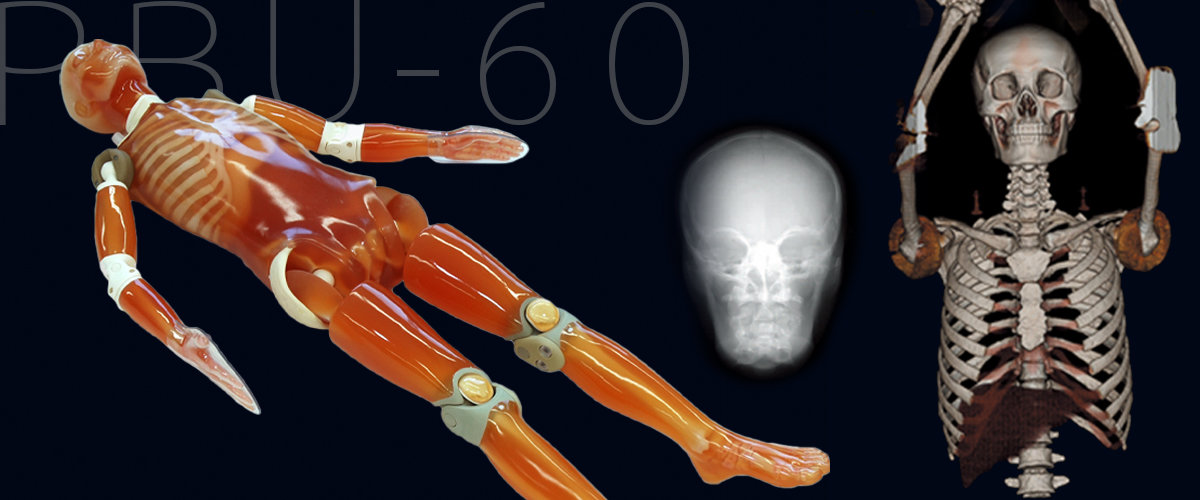
A unique, life size whole body phantom for CT provides a variety of educational application as well as visual evaluation in finding out optimal scanning conditions
APPLICATIONS
- CT
- Plain X-ray
- Basic patient positioning
- Radiographic interpretation
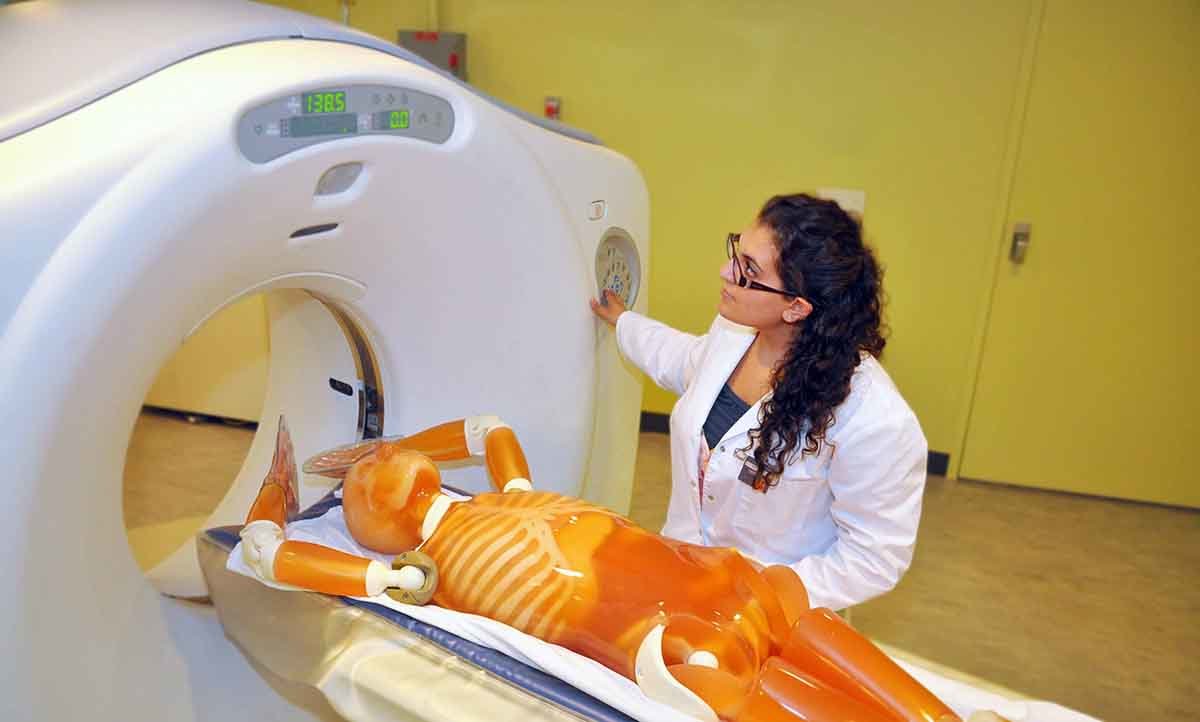
FEATURES
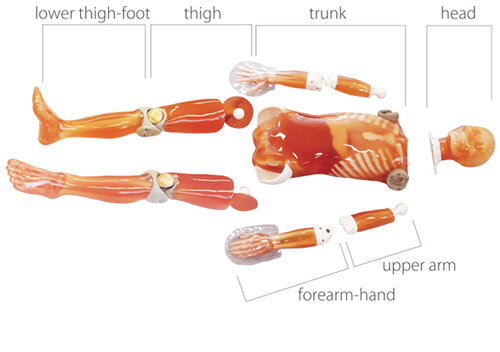
Radiology absorption and HU number approximate to human body
Main joints have close-to human articulation, allowing various positioning for training
Phantom can be disassembled into 10 individual parts
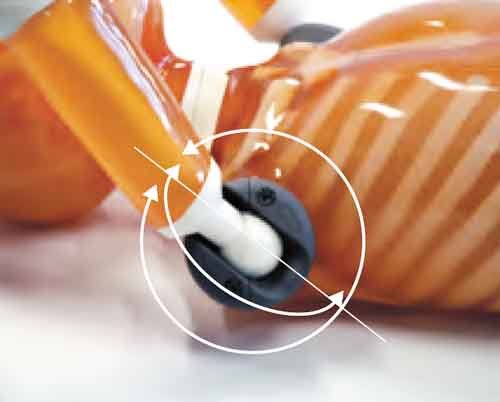
Shoulders:
rotate through a full 360 degrees in the sagittal plane, approx. 180 degrees to side-ways.
Hip joints:
rotate forward up to approx. 90 degrees, then abduct up to 45 degrees each.
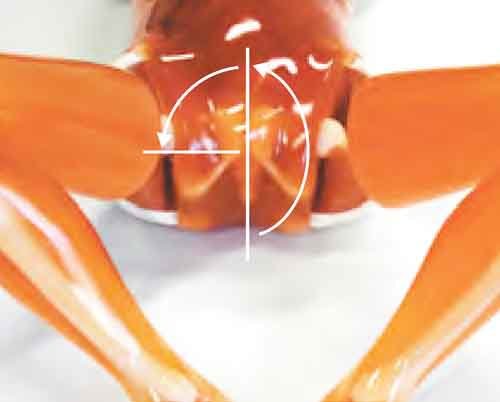
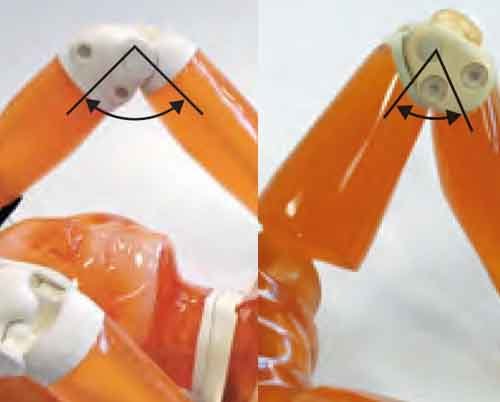
Elbows and Knees:
bend up to approx. 90 degrees.
The phantom can be held in the supine frog leg position.
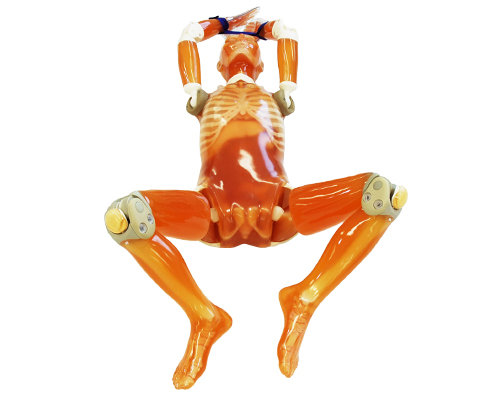 Frog leg position
Frog leg position
ANATOMY
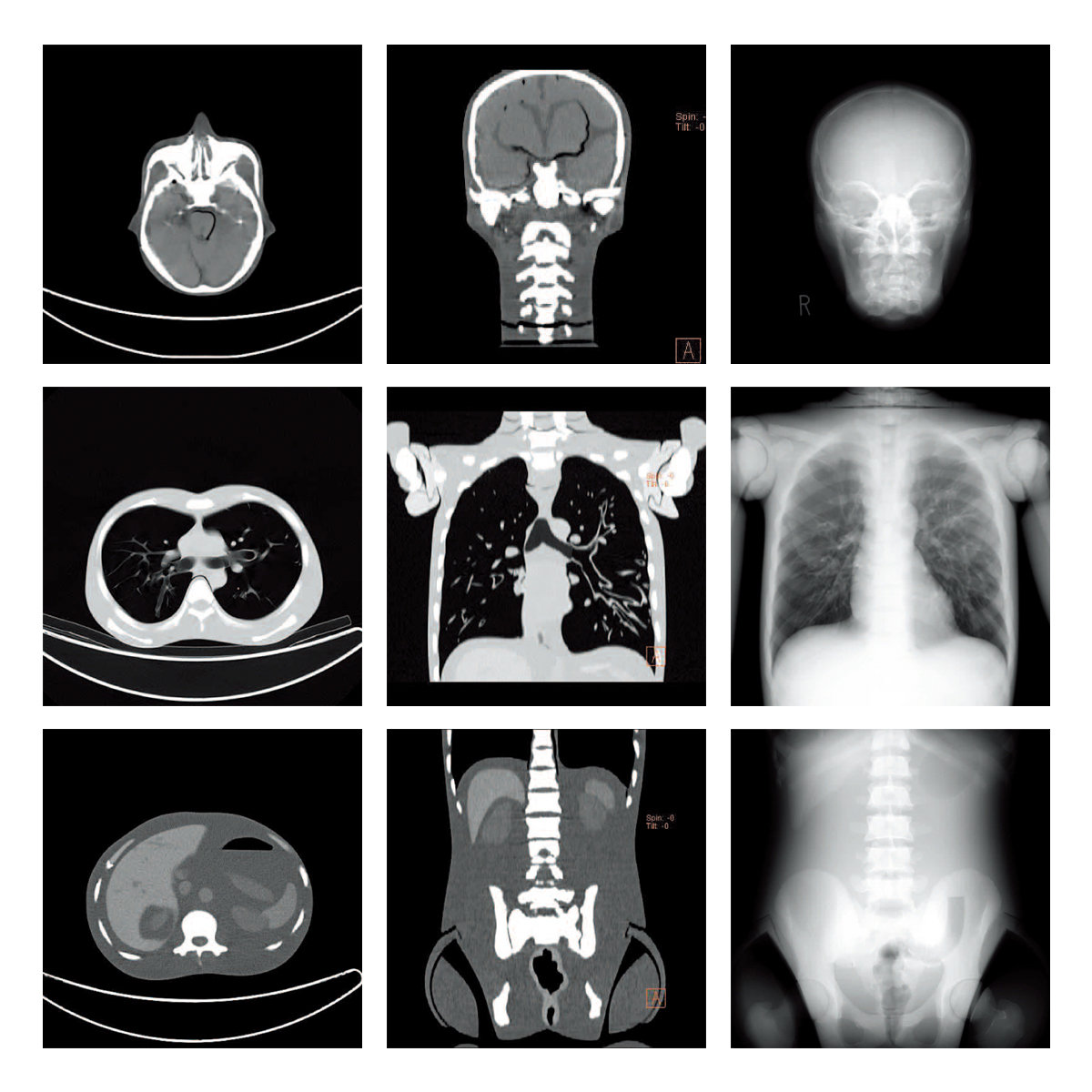
()=HU number at 80keV
Head:
- synthetic skull / spine / brain_cerebrum(40) / mesencephalon(40) / cerebellum(40) / cerebral ventricles(10) / eye balls(20) / arteries with contrast medium(left half only)(250)
Trunk:
- spine / clavicle / ribs / sternum / scapulae / lungs(-1000) / pulmonary vessels(8) / trachea(wall:8 / inside:-1000) / heart(40) / liver(70) / portal and hepatic veins(40) / pancreas(30) / kidneys(30) / gallbladder(20) / spleen(50) / seminal vesicle(25) / prostate(50) / aorta(40) / cava(70) / ureter(wall:30 / inside:10) / urinary bladder(10) / rectum(wall:70 / inside:-800) / sigmoid colon(wall:70 / inside:-800) / coxal bones
Limbs:
- humerus / antebrachial bone / bones of hand / femur / bones of foot
Bony structure:
- synthetic skull / cervical vertebrae / vertebrae / clavicles / ribs / sternum / scapula / coxal bones / femurs
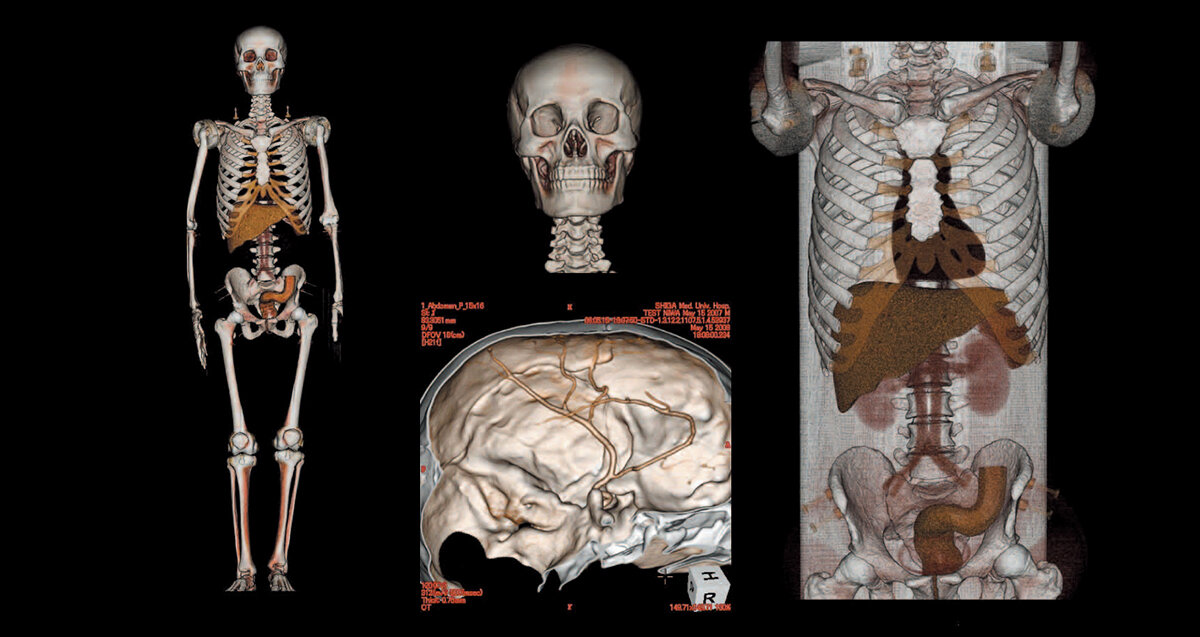 3D reconstruction of CT data
3D reconstruction of CT data